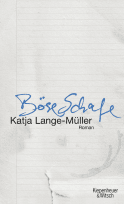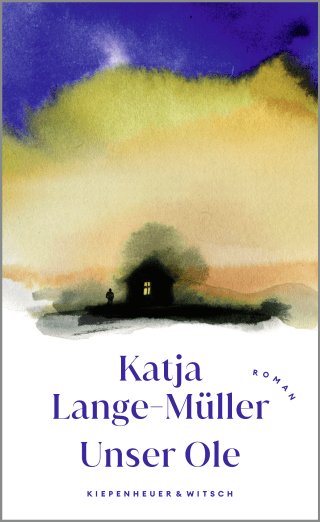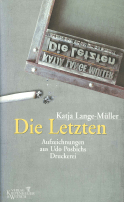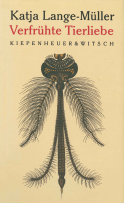The Hermit Crab is about mothers who reject their children, the contradictions that make up a personality, the secret longing for affection, and all the lies in life that sometimes aren’t really lies at all. Katja Lange-Müller has a unique ability to give voice to characters from the margins of society with literary power and precision.
The once beautiful Ida is old and disappointed by life, men, and herself. To avoid utter destitution, she occasionally works as a model at senior women’s fashion shows. In a department store, she meets Elvira, who looks after her cognitively impaired grandson Ole – or rather, who alternately bullies and spoils him. When Ida loses her apartment, Elvira, who has broken off contact with her daughter yet fears loneliness more than anything, lures her friend to her country house because she needs help managing the unpredictable, late-pubescent giant Ole.
One morning, a tragic event occurs that calls Ole’s mother Manuela to the scene. She hasn’t seen her son since he was one year old. As the women circle each other suspiciously, their family histories, biographies, and emotional wounds come to the surface.









